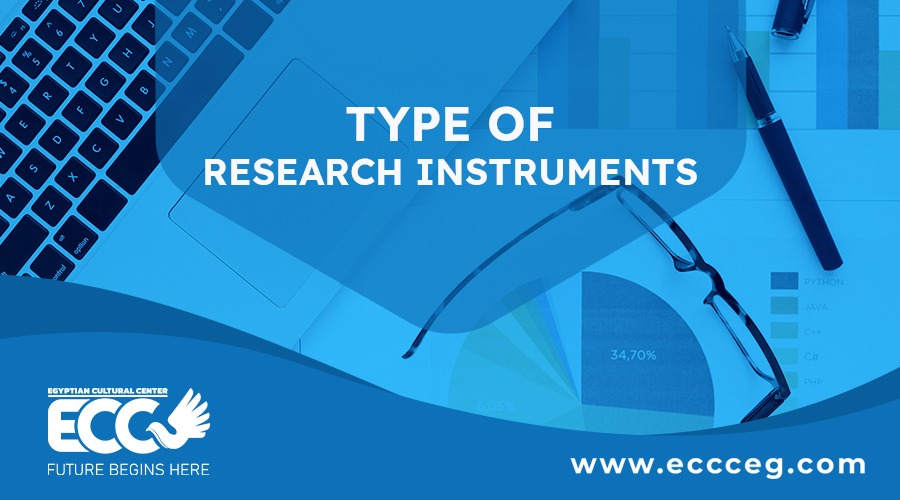If you are doing your thesis, essay, or other type of academic project, then you will surely have to overcome the research methodology. This part of university projects is usually quite complex and causes several headaches.
That is why, in this article, we will tell you all the key concepts to understand it.
What is the research methodology?
Firstly, research methodology is the method with which an inquiry project is carried out. It is usually known as a necessary section to develop in works such as theses and dissertations, among other academic works.
Likewise, research methodology refers to how the researcher is going to carry out his or her study. This involves choosing investigative methods that best adapt to the characteristics of the investigation to be carried out.
Following this line, the type of research, its objectives and the results or knowledge to be achieved will determine the choice of one methodology or another.
Research methodology is a systematic framework used to solve the research problem by using the best and most feasible methods to conduct the research, while aligning with the purpose and objectives of your research.
Research methodology includes answering the what, why, and how of your research.
To put it in simpler words, it will explain about:
WHAT – What is your research method, what tools will you use to collect and analyze the data, what would be the sample size, etc.?
WHY – Why do you choose what you have planned to choose?
HOW – How do you plan to use the methods and tools to solve your research problem and carry out the research?
Importance of research methodology:
- Research methodology helps you plan your research.
- Helps you document research accurately from start to finish.
- The research methodology allows readers to understand the approach and methods used in the research.
Read More: what do you need to apply for masters degree
Types of research instruments

Research instruments are the tools used to collect and analyze data in research. The topics set out below are the most common tools to carry out research and their use depends on the type of needs.
- Interviews (group or individual)
Interviews help you collect personalized information and are classified as structured, semi-structured or unstructured. You can use them depending on the type and tone of the questions. While the individual interview gives you detailed information about the respondent, through group interviews you could get the perception of a group of people.
- Surveys (online or offline)
Through the survey, you seek answers to a set of questions that you have designed aimed at a specific group of people. In the survey, you can use open and closed questions or a mix of both to get the answers to your questions.
- Discussion groups
In focus groups, a large group of people share their opinions on a topic and you take note of the responses they give. This is similar to group interviews.
- Observation
This tool is used to study human behavior in different situations. It can study the spontaneous actions of the respondent or it can be a structured observation. In a structured observation, the researcher observes the behavior of the respondent in a previously planned situation.
Contact with IBAS: +201000498154
The most used types of research methodology
Continuing with the presentation of the key concepts to understand the research methodology, it is necessary to point out which are the most used methodologies. Next, we will show you the different methodologies to choose when doing research work.
- Qualitative methodology
Let’s start by developing this type of method that goes very well with careers or areas of the social sciences and humanities. Likewise, it includes a type of research that is very useful for knowing those subjective aspects that help understand a social or cultural phenomenon.
As its name indicates, qualitative refers to intangible issues that cannot be quantified. In this sense, it is not about counting factors to reach a result, but rather investigating the how and why of the phenomenon to be investigated.
- Quantitative methodology
This is another type of research methodology that is often widely used by students. It is used by careers and study areas of economics, natural sciences, factual sciences and all those disciplines that seek quantifiable results. It is a method that involves arriving at results that can be counted and translated into statistical data.
Mixed: Combination between qualitative and quantitative
As its name indicates, mixed research methodology is one that combines qualitative and quantitative methods. This modality adapts to most careers and areas of study. It can be used to show statistical results and also describe subjective issues that make up these results.
For example, let’s imagine that we want to do a study on the number of students who drop out of school before finishing it. Here we could apply a survey that reflects the number of students who abandoned their studies and the reason for this action.
Read More: What is an HR business partner?
What techniques are used to make a research methodology?
When we say techniques, we refer to those instruments and resources that are used to collect information and data. These data are what will be used to prepare the research methodology section based on its contrast with the material included in the theoretical framework.
That said, let’s go on to review the techniques and instruments to collect the data for our research.
- Qualitative techniques
Let’s start with those techniques useful for conducting qualitative research. One of the most used tools for this modality is the interview. There are different types in terms of the opening of their packaging and their questions. This will depend on the type of information you want to collect and the number of participants chosen for the sample.
We say that the interview is the most used data collection instrument for qualitative research methodology since it allows us to gather the opinion of the interviewee. With this type of information, you can know the personal reasons or cultural, social, and economic factors that influence different processes.
Another very useful qualitative technique is observation. This can be a participant or non-participant. It consists of the observation of the phenomenon and object to be studied in its natural space without modification or in a scenario created by the researcher. Non-participant observation does not involve any intervention on the part of the researcher, who only has to record what happens.
For its part, participant observation involves the approach of an activity or task to be carried out by the participants to record their performance or development.
- Quantitative techniques
Let’s now review those techniques useful for carrying out a quantitative research methodology.
One of the most used techniques is the questionnaire or survey. Unlike the interview, these two similar techniques involve the preparation of questions with answer options. This can be applied to a large group of participants and then count data based on their choice of responses.
This type of tool is widely used by companies to measure the satisfaction of their customers. Generally, a question is asked with the options “satisfied”, “slightly satisfied”, or “very satisfied”.
This will then allow statistics to be made with the percentage of satisfaction and dissatisfaction, just to give an example. The same can be applied to other cases by adapting the questions and answers.
Contact with IBAS: +201000498154
Other important concepts of research methodology
Concluding with our presentation about the key concepts of research methodology, we are going to see some important ones as well. Below, we show you some keywords that probably sound familiar to you.
- Hypothesis
Hypotheses are those statements that are made at the beginning of an investigation. Once the project topic and its topic of study have been chosen, the researcher must start from a hypothesis that guides the entire process.
It may be one or more hypotheses which are based on a premise or assumption that must be tested as the investigation progresses.
- Variables
For their part, the variables are those aspects or factors that can vary throughout the research methodology. For example, in qualitative research a variable may be the mood or predisposition of the interviewed participants.
In quantitative research, a variable can be temperature, climate and the number of participants who refuse to answer a questionnaire.
Regardless of the type of research methodology, variables are generally always present, especially in field research. It is important that as a researcher you can anticipate the possible variables of your study so that it does not negatively modify the procedure.
- Results
The results of a research methodology have to do with that knowledge or clarification of the research question that we want to reach. Let us remember that the objective of all research is to generate some type of result and novel knowledge.
The results are those that corroborate the hypothesis on which the research is based or will annul it if it is not possible to contrast.
Read More: Full-Time vs. Part-Time MBA Programs: What’s the Difference?
How do you write a research methodology?

Define your method well
Explain the methodology you used to investigate the topic while conducting the research. This allows you to guide your reader through your research step by step and gain their trust in your work. Your research methodology can be quantitative, qualitative or a combination of both.
- Establish a methodology
For your approach to be relevant to the overall research design, you must establish a clear connection between your methods and the research problem. Therefore, your methodology must respond to the objectives of your research work and coincide with the purpose.
- Explain the instruments used
Describe the tools and instruments you plan to use to collect your data and how you will use them. They can be surveys, questionnaires, interviews, observations or a mixture of two or more. If you are going to use an external method, clearly explain that method and the result obtained with it.
- Discuss the analysis part
You must then explain how you will process and analyze the data you intend to collect. However, it is not necessary to discuss any results or conclusions here.
If your study will be strictly quantitative, explain how you will ensure the accuracy of the data, how you will analyze the figures, and what statistical tests you will perform. If your study is purely qualitative, specify whether you plan to conduct any content analysis, thematic analysis, or discourse analysis.
- Explain your methodological options
In this step, you will explain why you choose a specific approach, whether qualitative, quantitative or mixed, with the problem at hand and the results obtained so far.
Tips for writing the methodology
- Always remember to take notes and make an outline of your research, as this ensures that you have complete data, and also keeps a record of all the approaches used in the research.
- The research question is the key, so always focus on the research question and try to answer it with as many relevant facts, figures and data as possible.
- The methodology must be written or phrased in such a way that it shows a third-party approach and is from the audience’s point of view.
- Only relevant data should be included in the research, and you should also try to present the information in a graphic format so that it is clear and easy to understand.
we invite you to approach our team, who will help you learn more details about the entire admission process and other Educational Support that will help you give a boost to your career.
Contact with IBAS: +201000498154


